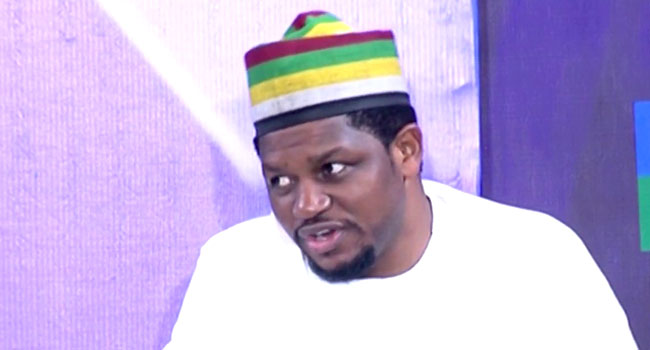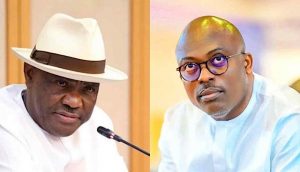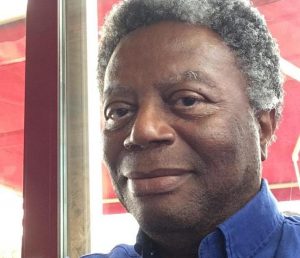Why Politicians Make Promises They Cannot Fulfill – Lawmaker

Many public officeholders make promises they cannot fulfill during campaigns because they want to win the election, a lawmaker explained on Saturday.
Mr Dachung Bagos, a member of the House of Representatives, gave the explanation in his contribution to a discussion on the roles of legislators as it relates to projects.
Bagos, who represents Jos South/ Jos East Federal Constituency of Plateau State, made the remarks during a special programme – Open Square that aired on Channels Television.
“You find yourself during campaigns actually making promises and unfortunately because politicians are looking for the votes, they say yes,” he said. “The Nigerian political space has made politicians overpromise and when you overpromise, you find yourself not meeting up to the demands.
“There are things that you might even say during elections, and they will remind you; they will even play videotapes of the campaign.”
READ ALSO: I Can’t Provide Jobs For Everybody, But I Pay 600 People Monthly Stipends – Adeyemi
The lawmaker wants Nigerians to be fair to the National Assembly, saying its members have been living up to their responsibilities.
According to him, it will be unreasonable to expect lawmakers who are not up to 500 to solve the problem of a country with over 200 million people.
Bagos also believes the system of politics in Nigeria has worsened the situation, decrying the level of partisanship in the country.
He stated that this was one of the major factors why the National Assembly has failed in some aspects of its responsibilities, especially in holding the executive accountable.
“In fairness to Nigerians and in fairness to the true nature of what democracy needs to stand for, the Nigerian political space has caged democracy to the democracy of partisanship – you have to be a party man before you get something; to religious and ethnic democracy that you have to belong to a certain religious group to be able to get something for your people,” the lawmaker lamented.
“We have been able to make resolutions upon resolutions to the executive that do it this way, do it this way; with 200 million people, you don’t expect about 400 people to solve the problem … the National Assembly today cannot boldly say – because of politics of party, because of politics of ethnicity; that the executive has not done well.”







